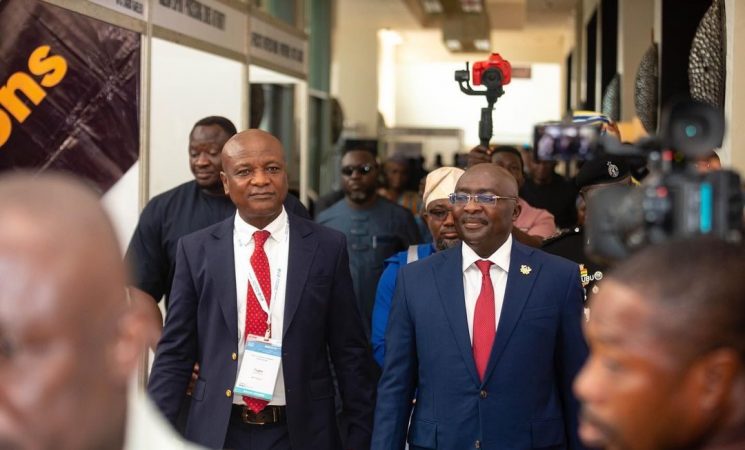African languages, often celebrated for their rich diversity and cultural significance, are increasingly playing a crucial role in fostering intercontinental communication and understanding. As Africa continues to grow as a dynamic and influential global player, the continent’s languages are becoming more prominent in international dialogues, business, and cultural exchanges. Languages such as Swahili, Arabic, Hausa, and Amharic are not only bridging communication gaps within Africa but are also connecting African communities with the rest of the world. This multilingual landscape enhances cross-cultural interactions and provides a foundation for more inclusive and equitable global conversations.
One of the key ways African languages contribute to intercontinental communication is through their use in international business and diplomacy. As African economies expand and attract global investment, the ability to communicate in local languages becomes increasingly valuable for multinational companies and diplomatic missions. Swahili, for instance, is used as a lingua franca in East Africa and has gained recognition in international forums, facilitating trade and cooperation across borders. Similarly, the growing influence of African languages in global media and entertainment, including music, film, and literature, enhances cultural exchange and helps to share Africa's rich heritage with the world.
Moreover, promoting African languages on the global stage can lead to more balanced and diverse perspectives in international discourse. By incorporating these languages into global communication channels, there is a greater opportunity to address issues from a more inclusive standpoint, respecting and valuing the cultural and linguistic diversity of Africa. This approach not only enriches global conversations but also supports the preservation and revitalization of African languages and cultures. As the world becomes more interconnected, the role of African languages in fostering meaningful and respectful communication across continents will continue to grow, highlighting the importance of linguistic diversity in shaping our global future.
In conclusion, the increasing prominence of African languages in intercontinental communication underscores their vital role in fostering global understanding and cooperation. By embracing and integrating these languages into international dialogues, business practices, and cultural exchanges, we can enhance cross-cultural connections and promote a more inclusive global discourse. This shift not only amplifies Africa's rich cultural contributions but also supports the preservation and celebration of linguistic diversity. As the world becomes more interconnected, valuing and leveraging African languages will be key to building more equitable and respectful global relationships, ensuring that all voices are heard and appreciated in our shared conversations.



